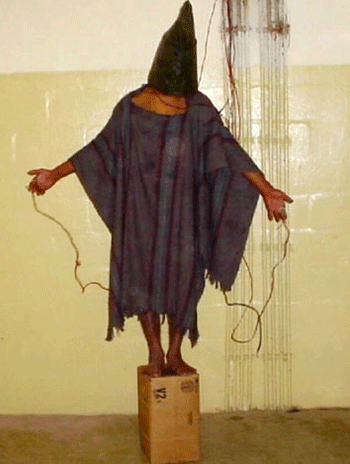(Cross-posted from Tubler.com, Jan. 25, 2015).
 Jameel Jaffer had an excellent post on Just Security earlier this week, examining the apparent inconsistency in U.S. policy on freedom of speech. On the one hand, the U.S. government argued against self-censorship in response to threatened violence, in the context of Charlie Hebdo, and Sony’s distribution of the “The Interview”. On the other hand, the U.S. government was in Federal Court this week resisting requests that photographic evidence of U.S. detainee abuse and torture be made public.
Jameel Jaffer had an excellent post on Just Security earlier this week, examining the apparent inconsistency in U.S. policy on freedom of speech. On the one hand, the U.S. government argued against self-censorship in response to threatened violence, in the context of Charlie Hebdo, and Sony’s distribution of the “The Interview”. On the other hand, the U.S. government was in Federal Court this week resisting requests that photographic evidence of U.S. detainee abuse and torture be made public.
The argument of the government is that disclosure of the pictures would make them available for use in propaganda, and would likely lead to violent reactions. In essence, the government wants to suppress information to prevent possible violent reprisals. Jameel Jaffer dismisses this argument well:
This is not a good argument for the suppression of the photographs. The same kind of argument could as easily have been made with respect to the Abu Ghraib photos, the Rodney King video, or the Eric Garner video. It could as easily have been made with respect to the Senate’s torture report—and, in fact, it was. And it’s not just that the argument gives those who threaten violence a veto over political debate; it gives the government a veto, too. To accept the argument, at least in the absence of a specific, credible threat directed against specific people, is to give the government far-reaching power to suppress evidence of its own misconduct. And the worse the misconduct, the stronger would be the government’s argument for suppression.


